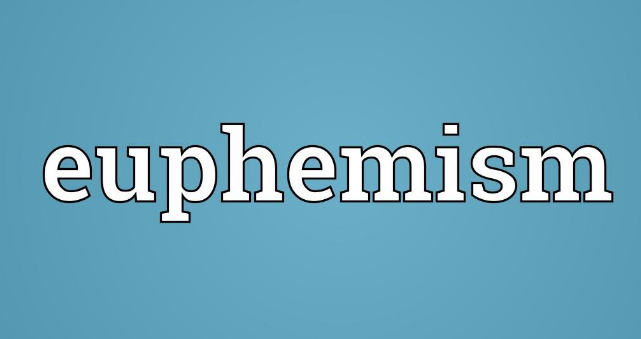This is Everyday Grammar. I'm Alice Bryant.
这里是《每日语法》节目。我是爱丽丝·布莱恩特。
It's never easy to talk about some subjects.
有些话题是不好开口去谈的。
And that's why the English language has euphemisms.
这就是英语中有委婉用语的原因。
A euphemism is a mild or pleasant word or phrase used instead of one that would be harsh or offensive.
委婉用语是指温和或令人舒服的词或短语,用来代替和那些比较严厉或冒犯的表达。
English speakers use a lot of them to make things seem more socially acceptable, especially for sensitive subjects like:
说英语的人会用很多这样的词来让事情看起来更能被社会接受,尤其是一些敏感的话题,比如:
old, age and death, being rich or poor, problem at work, and crime and punishment.
年老、年龄和死亡问题,贫富问题、工作问题、犯罪和惩罚。
Today I'll tell you about two common American euphemisms related to crime and punishment: "correctional facility" and "capital punishment".
今天我要给你们讲美国两个常见的与犯罪和惩罚有关的委婉用语:“correctional facility”和“capital punishment”。
Let's talk about "correctional facility".
我们先来说一下“correctional facility”。
Quite simply, this is a softer way to say "prison" or "jail".
很简单,这是“prison”或“jail”的一种更委婉的说法。

For instance, a criminal justice professor might say:
例如,一位刑事司法教授可能会说:
The judge sentenced the man to 10 years in a state correctional facility.
法官判处这名男子在州教养院服刑10年。
Next, there's "capital punishment".
接下来是“capital punishment”这个词。
"Capital punishment" is a nicer way of saying "death penalty", if that's even possible.
Capital punishment是“死刑”的一种更好的说法,如果有必要的话。
You might, for instance, read or hear this in the news:
例如,你可能会在新闻中读到或听到这则消息:
The most recent country to end capital punishment was Burkina Faso in June 2018.
最近一个宣布废除死刑的国家是布基纳法索,该国于2018年6月宣布废除。
It's important to note that not everyone agrees euphemisms should be used at all.
需要注意的是,并不是每个人都认可使用委婉用语。
Some people say they are misleading and help people avoid unpleasant truth about society.
一些人表示,委婉用语会误导别人,并且会让人们刻意逃避令人不满的社会真相。
But what do you think?
你怎么看呢?
And that's Everyday Grammar.
以上就是今天的《每日语法》。












